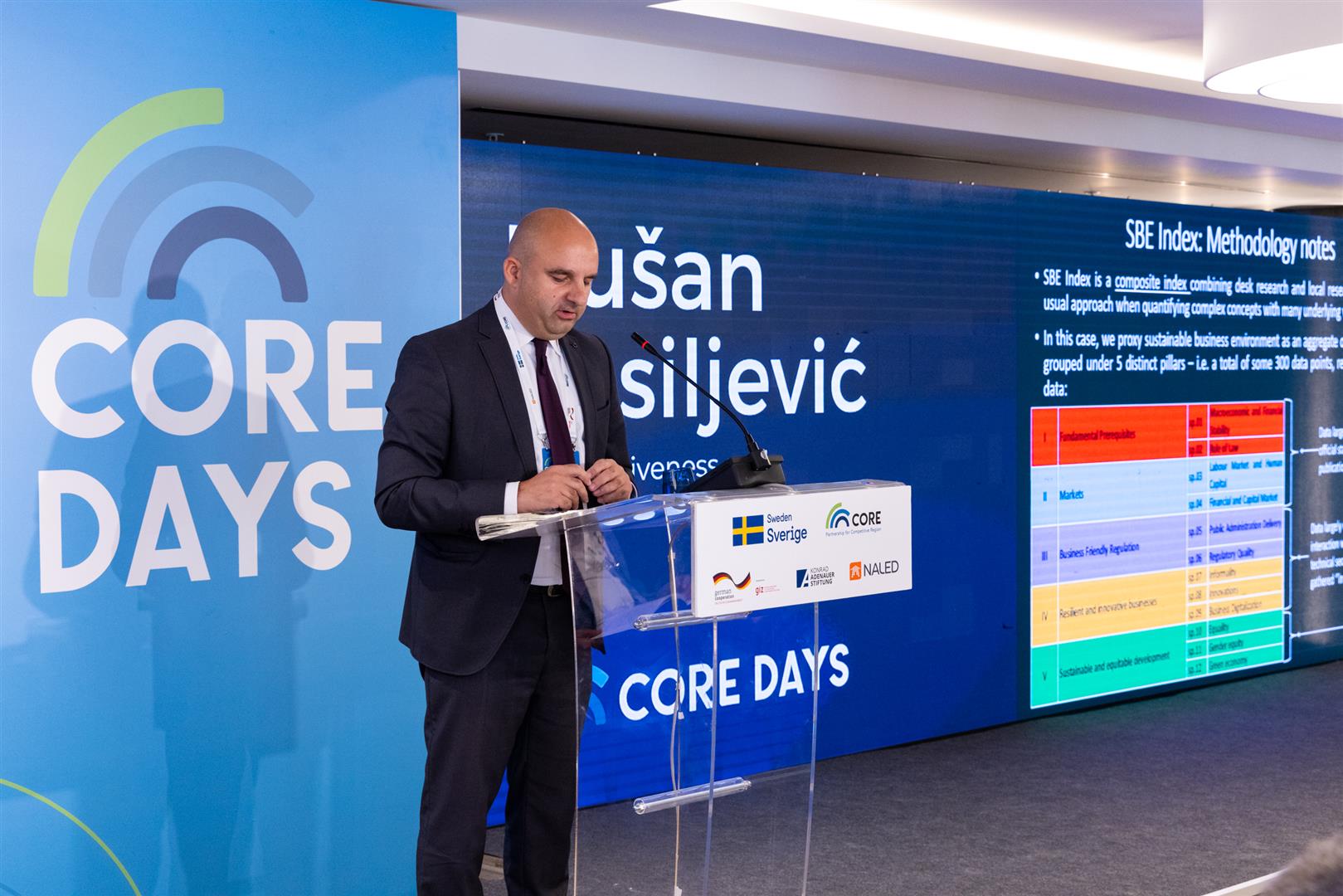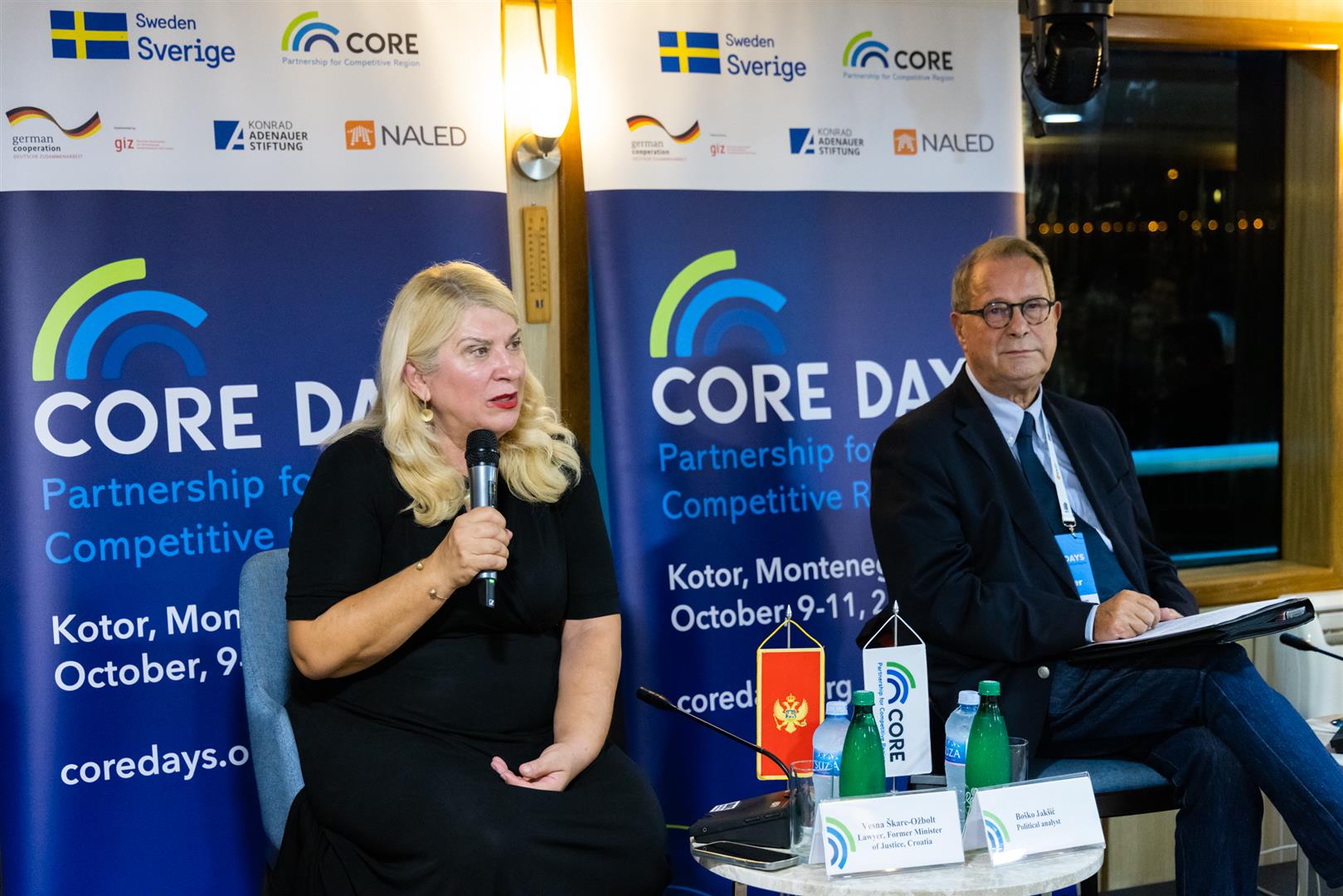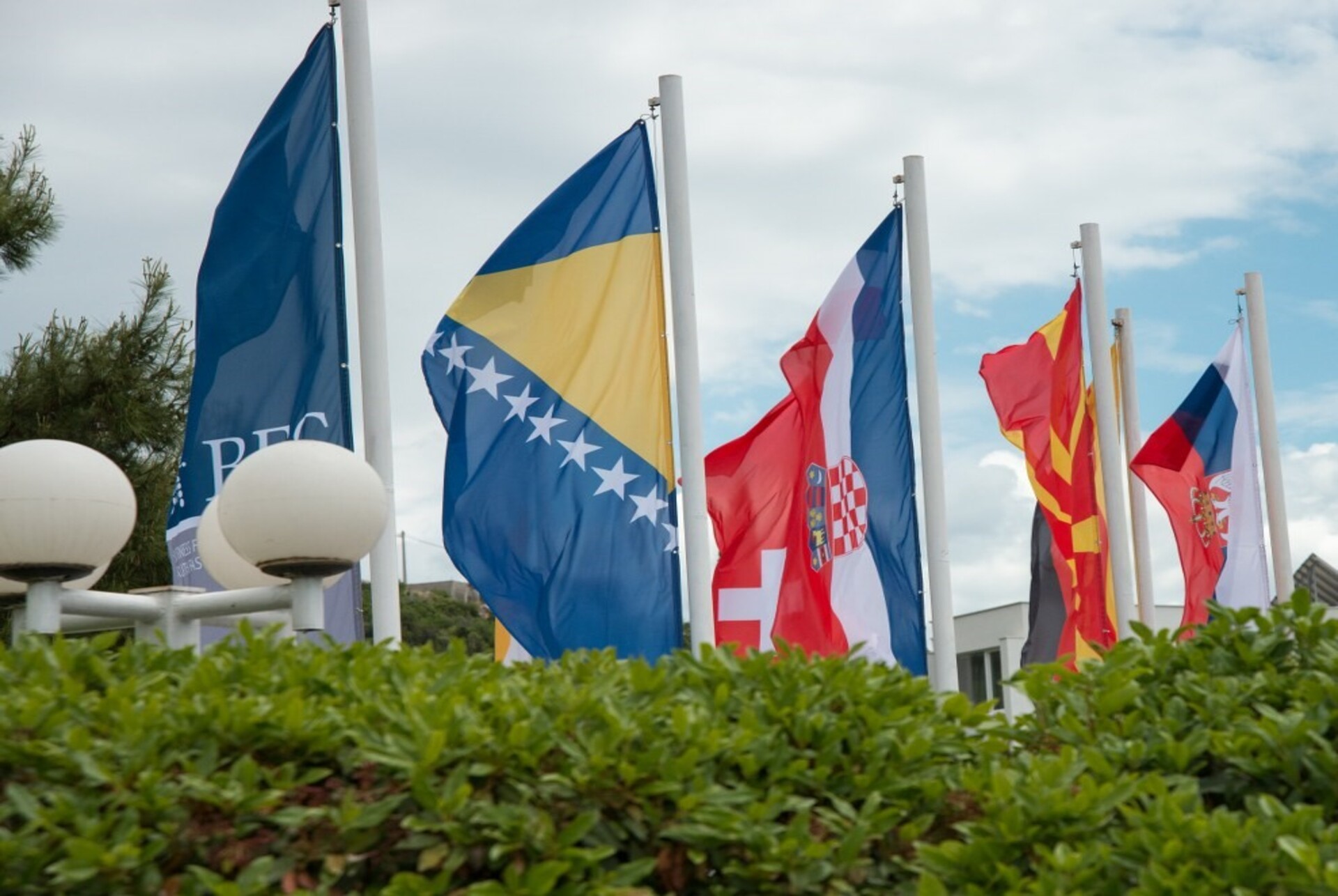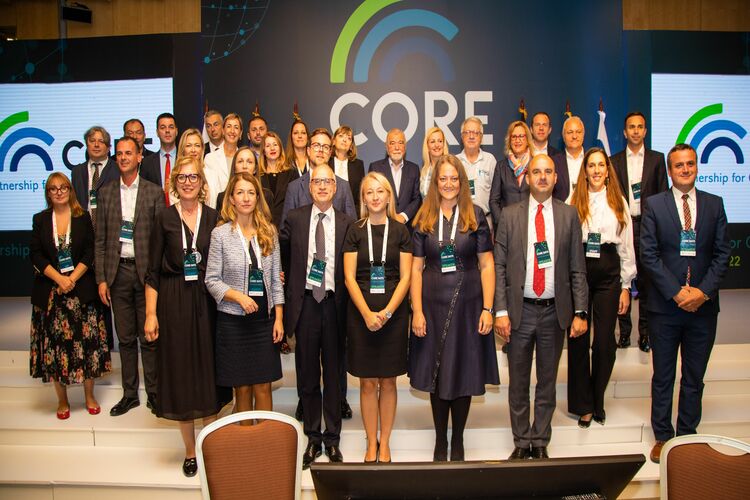The Region Needs Faster Development to Retain Youth Population
The revitalization of relations and faster European integration among regional countries will play a pivotal role in the future development of the Western Balkans. Closer alignment with the European Union can be achieved through concerted efforts to enhance the rule of law and macroeconomic stability, and by strengthening trust in institutions while preserving the environment and advancing living standards. These collective improvements would create conditions for the younger generations to stay and live in their respective countries - a conclusion made at the second regional CORE Days conference, held in Kotor following last year's event in Dubrovnik.
During the conference organized by NALED, in collaboration with other Core Partnership members, and with generous support from the Swedish Government (Sida) and the German Development Cooperation (GIZ), the first ever Regional Index was unveiled. The index assesses the parameters for sustainable development and provides a comparative analysis of economies within the region, aiming to facilitate enhancements in their business environments.
Croatia claims the top spot with an impressive 57.7 points, closely tailed by Serbia at 51.5. Following are Albania and Montenegro, securing third and fourth place with a score of 50.7. North Macedonia is at the fifth place with 48.1, while Kosovo* and Bosnia and Herzegovina recorded scores of 46.9 and 43.9, respectively. Rather than fixating solely on the overall rankings, the true value of this Index lies in recognizing that no single economy excels in all areas. It offers leaders invaluable insights into the areas with the greatest potential for enhancement. Addressing challenges in terms of competitiveness, management, sustainability, and trade integration could unleash the region's true potential, ultimately drawing it closer to the standard of living enjoyed by EU citizens – highlighted Dušan Vasiljević, Director for Competitiveness and Investments at NALED.
The type and the amount of support countries get from the European Union evident in the pandemic response where Croatia received 700 million euros in aid, while Serbia received nearly nine times less (78.5). However, the essence is not only financial assistance, but in the values, standards and quality of life that the EU offers its citizens. Regrettably, this aspect is not always adequately highlighted, resulting in arguments like this remaining invisible to the public eye.
- It is true that the issue of enlargement has heightened in the wake of the conflict in Ukraine, underscoring the necessity for a stronger and more cohesive Europe. President Macron has emphasized that the EU must undergo internal reforms prior to any expansion. Given the historical pace of Brussels bureaucracy, this process is expected to take some time. Only after this internal restructuring will the discussion of new member accessions take place. This period represents a critical window of opportunity for our countries. It is imperative that we invest this time in thorough preparatory work, ensuring we are ready when the moment for enlargement arrives," emphasized political analyst Boško Jakšić during the panel discussion titled "The Western Balkans between the war in Ukraine, the European Union, and the 2024 American elections," organized with support from the Konrad-Adenauer-Stiftung.
The Partnership for a Competitive Region, which currently includes over 20 organizations spanning six economies, is steadfast in its pursuit of sharing experiences and implementing regional initiatives and reforms. Noteworthy past achievements include the implementation of electronic building permits, the online registration of seasonal workers, and the enhancement of inspection oversight.
This year, participants engaged in robust discussions across a series of panels to define next steps in shaping the business environment. These encompassed the resolution of property-legal issues, amplifying the profile of scientific institutions and nurturing local innovations. Additionally, attention was directed towards refining the public procurement system, integrating social and green criteria, and embracing sustainable business practices in line with the EU-mandated ESG standard.








